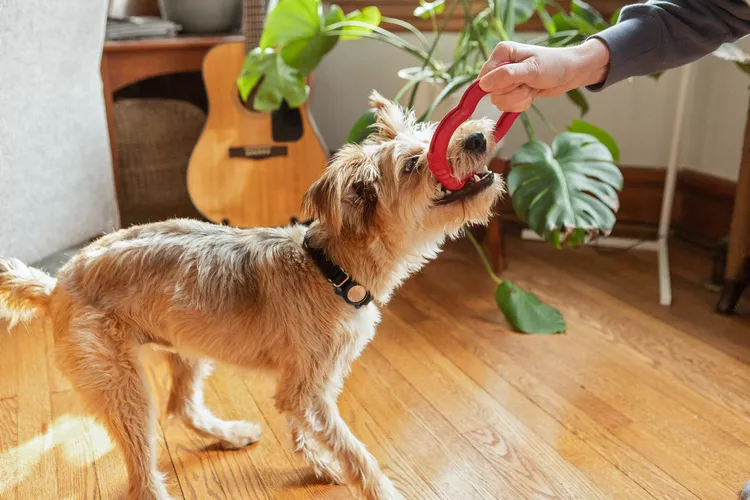
Sudden aggression in your dog can be a scary situation for any pet parent. If your adult dog has been with you for a while, you can usually predict their behavior in various types of situations—and you don't expect them to become irritable. If your happy, loving dog suddenly exhibits aggressive behavior for no obvious reason, we're here to help.
The key to dealing with this behavioral change is to first try to determine the cause. At the same time, it's important to keep your dog, as well as your human friends, family, other pets, and yourself, safe by seeking the help of your veterinarian right away.
In the meantime, handle the dog in a careful, non-threatening way and take action to manage the aggression until you're able to figure out what's causing it and ideally find a safe, workable solution.
Dog aggression toward people may involve a variety of behaviors such as barking, lunging, snarling, growling, snapping, nipping, and biting. Dogs can also have reactivity on leash, which occurs when they're on walks and may include lunging, pulling, and barking, mostly at other dogs.
It's not normal when a happy dog suddenly exhibits aggressive behavior for no obvious reason. If you take a closer look, always enlisting the help of your vet and a positive reinforcement-based dog trainer, you may be able to figure out the cause of your dog's behavior change.
Fear can elicit sudden behavioral and temperament changes such as aggression. If the aggression is temporary, it might be that your dog is simply reacting to a perceived threat. However, it's still important to figure out why your dog reacted so you can help your dog not react to those situations in the future.
Many common health problems can also affect your dog's personality, and some can be serious. This is especially common as your dog becomes a senior and begins to develop age-related diseases. In some cases, sudden aggression in an older dog may be related to canine cognitive dysfunction or dementia.
If your dog's aggression is accompanied by other symptoms, like hair loss, weight gain, or lethargy, it could be a sign of hypothyroidism. If accompanied by convulsions or rapid mood changes, it could be from seizures. Brain damage to specific areas of the brain from tumors, thyroid issues, and trauma can also result in aggression problems.
An ear infection could be the culprit if your dog suddenly becomes aggressive in the presence of loud noises. If eating makes your dog grumpy, a dental issue may be the cause.
An injury could be the source of your dog's sudden aggression, and something you might not have realized your dog experienced because of their ability to hide pain. To explore this possibility, start with a cursory physical exam. Look for swelling, cuts, torn paw pads, insect stings, or tender spots. Anything that looks out of the ordinary could be hurting your dog and causing aggression.
Check the inside of your dog's mouth (if you feel safe doing so) to see if a foreign object may be causing the aggression. It might be a daunting prospect if the dog is feeling snappy, but the problem could be something as simple as a piece of food, toy, or stick caught in your dog's teeth. If your dog threatens you in any way, though, leave the oral exam up to your veterinarian.
Take note of any other symptoms, such as vomiting, diarrhea, loss of appetite, and lethargy, and write this information down so you can share it with your veterinarian.
Working to stop your dog's sudden aggression is very important for both you and your dog's overall happiness. Start with ruling out health issues, then enlist the help of a professional to help you pinpoint the cause of the aggression and work to overcome it.
The vet will discuss your dog's medical and behavioral history and perform a complete physical examination. The goal is to first rule out injuries and other medical problems. Blood and urine tests may be necessary to assess your dog's blood cell counts and organ function. Radiographs may also be needed to locate the source of the problem.
If your vet is unable to find a medical issue, seek the assistance of a certified canine behaviorist. An animal behavior professional can help you work with your dog using techniques such as behavior modification, conditioning, and desensitization and can also help you decide whether the risk of living with your dog is too great and euthanasia is justified.
While you're working through an aggression issue with your dog, it's best to limit exposure to strangers, other dogs, or young children. A no-visitor and no-petting rule is best. Also, don't leave your dog unattended, and keep them on a leash at all times while you're on walks, in a park, or anywhere else. It's not worth risking a dog bite or potential scare from your dog while you work through aggression and reactivity.
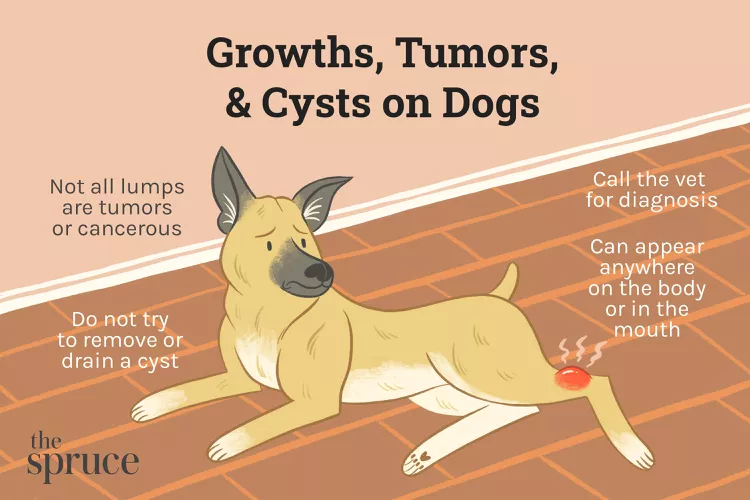
Tumors, Growths, and Cysts in Dogs
Tumors, lumps, growths, or cysts are commonly found on dogs. Learn the causes, treatments, and preventative measures.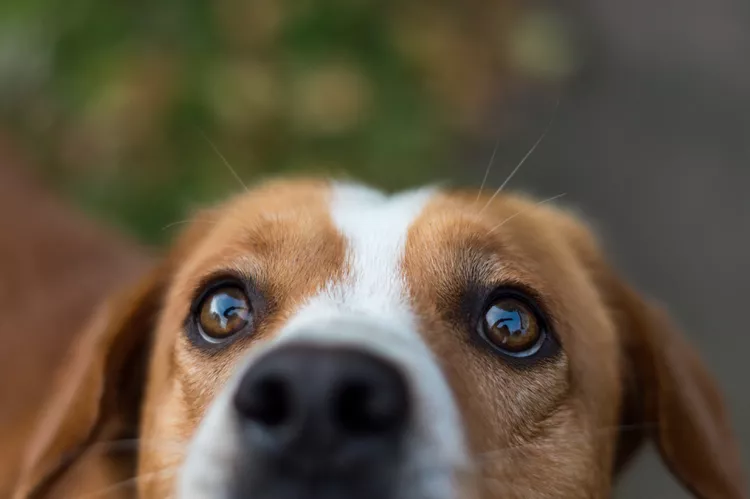
Eye Injuries and Infections in Dogs
Dogs can suffer eye injuries that range from mildly irritating to serious medical emergencies. Learn the causes, treatment, and prevention.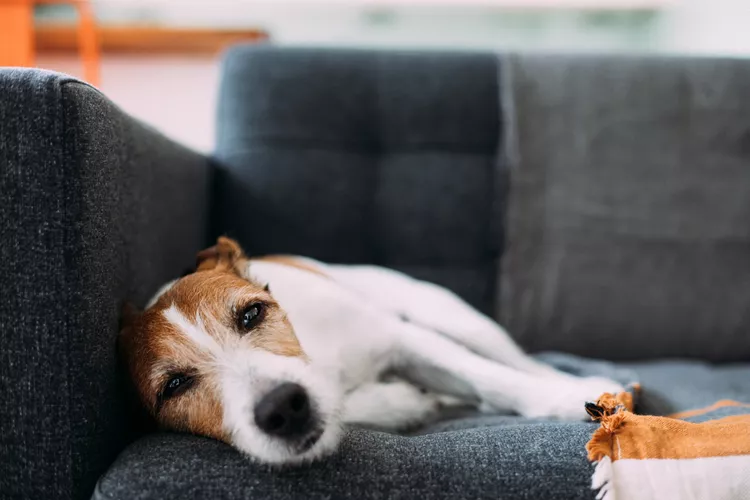
Vestibular Disease in Dogs
Vestibular disease affects a dog's balance and eye movements. Find out about the signs, causes, and treatment of vestibular disease in dogs.
Is Acetaminophen Safe for Dogs?
Acetaminophen is used by humans for pain and fever relief, but is it safe for dogs? Here's what you need to know before giving your dog acetaminophen.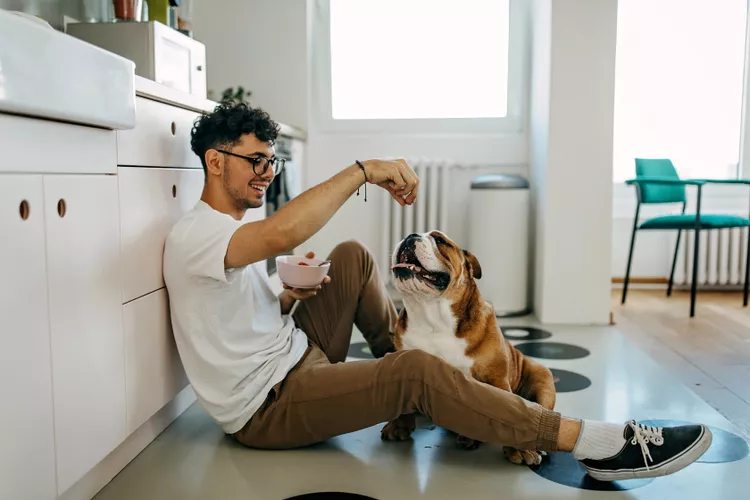
Can Dogs Eat Zucchini? Everything to Know About This Hardy Summer Squash
Zucchini is a nutritious food that's safe for dogs to eat in moderation. This low-calorie, high-fiber vegetable can be incorporated as a healthy treat in a dog's balanced diet. Learn more about its health benefits, potential risks, and how to prepare it.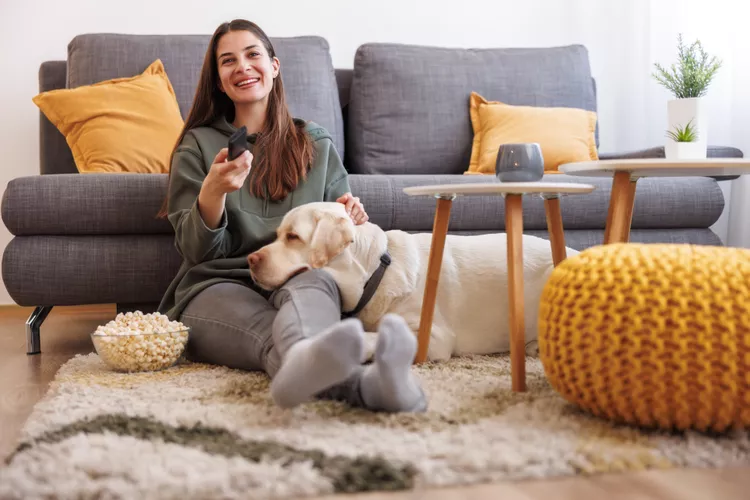
Can Dogs Eat Popcorn? What You Need to Know for Movie Night
Dogs can eat popcorn, but there are safety concerns. Find out how to safely feed your dog popcorn and what you should do if you're concerned.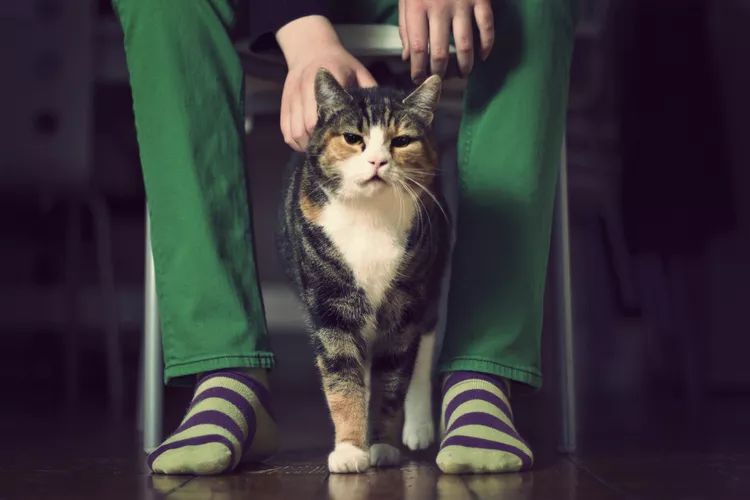
65 Irish Cat Names
Irish cat names can pay homage to historical places, local cuisine, famous Irish actors and musicians, or other wonderful aspects of the Emerald Isle.
46 Egyptian Cat Names
Whether inspired by notable Egyptian deities, locales, or pharaohs, Egyptian cat names can bring out the divinity of your noble feline companion.
Are Ant Traps Safe for Cats?
Here's how to know if ant traps are safe for cats and how to keep yours free from harm if you have an ant problem.
The 6 Best Cat Nail Clippers of 2024 for a Safe Trim
Clipping your cat's nails can save your furniture and keep your kitty comfortable. We asked veterinarians for their cat nail clipper recommendations.
Is Neosporin Safe for Cats?
A brief summary of concerns a cat owner should be aware of before putting Neosporin on their cat, plus tips for things they can use at home instead.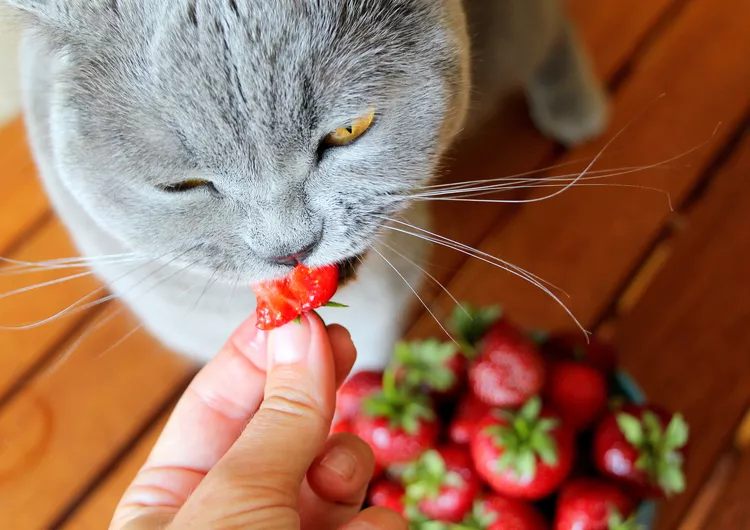
Can Cats Eat Strawberries? How to Safely Share This Summer Berry
Although cats are primarily meat eaters, strawberries may be an interesting and tasty snack for your feline friend. Find out the risks of feeding strawberries to cats and how to safely let your cat enjoy this fruit.
Cute Pictures & Facts About Calico Cats & Kittens
Learn fascinating facts about calico cats, including photos, the genetics behind this color combination, and common folklore and traditions.
12 Most Popular Cat Breeds for Feline Lovers
These 12 cat breeds, like the Siamese and Sphynx, are known for their unique appearances and personalities. Learn what makes them so popular.
Balinese: Cat Breed Profile, Characteristics & Care
The Balinese cat is playful, sociable, elegant, intelligent, and a touch on the vocal side. Learn about the Balinese, including appearance, temperament, health, and care needs.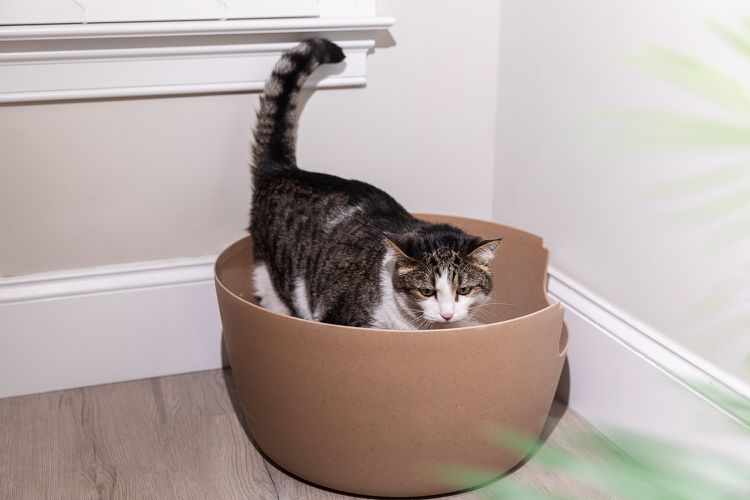
Why Cats Don't Always Cover Their Poop
Cats may not cover their poop for a few different reasons, including being territorial, sending a message to their owner, and not liking the litter.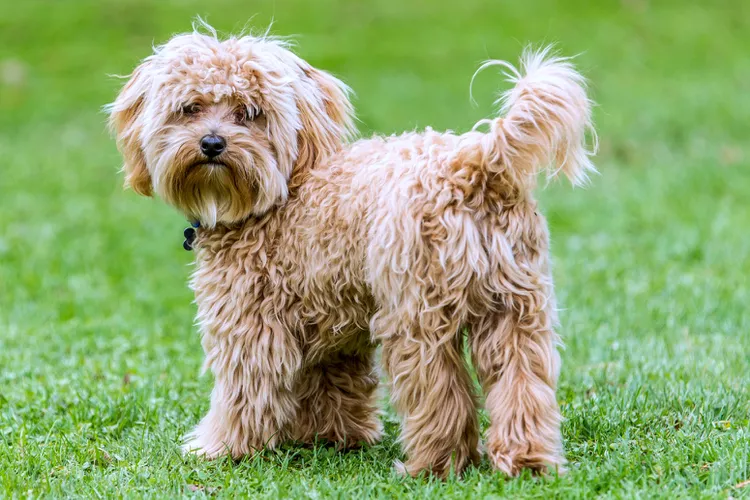
Cavapoo: Dog Breed Characteristics & Care
The Cavapoo is a hybrid of the Cavalier King Charles spaniel and a toy or miniature poodle. Learn why these teddy-bear-looking dogs make the perfect addition to your family.
Why Dogs Eat Poop and How to Stop Them
Is your dog eating poop? Some dogs do this because of stress or illness. Learn how to prevent stool eating, or coprophagia, in dogs.
Can Dogs Get Depression? How to Help Your Sad Dog
Can dogs get depression? Learn about the signs of depression in dogs and find out how to help your sad dog.
4 Reasons Why Your Dog Licks Their Butt
Butt-licking in dogs can be a part of normal grooming, but excessive butt-licking is not normal. Read about the most common reasons for this behavior.